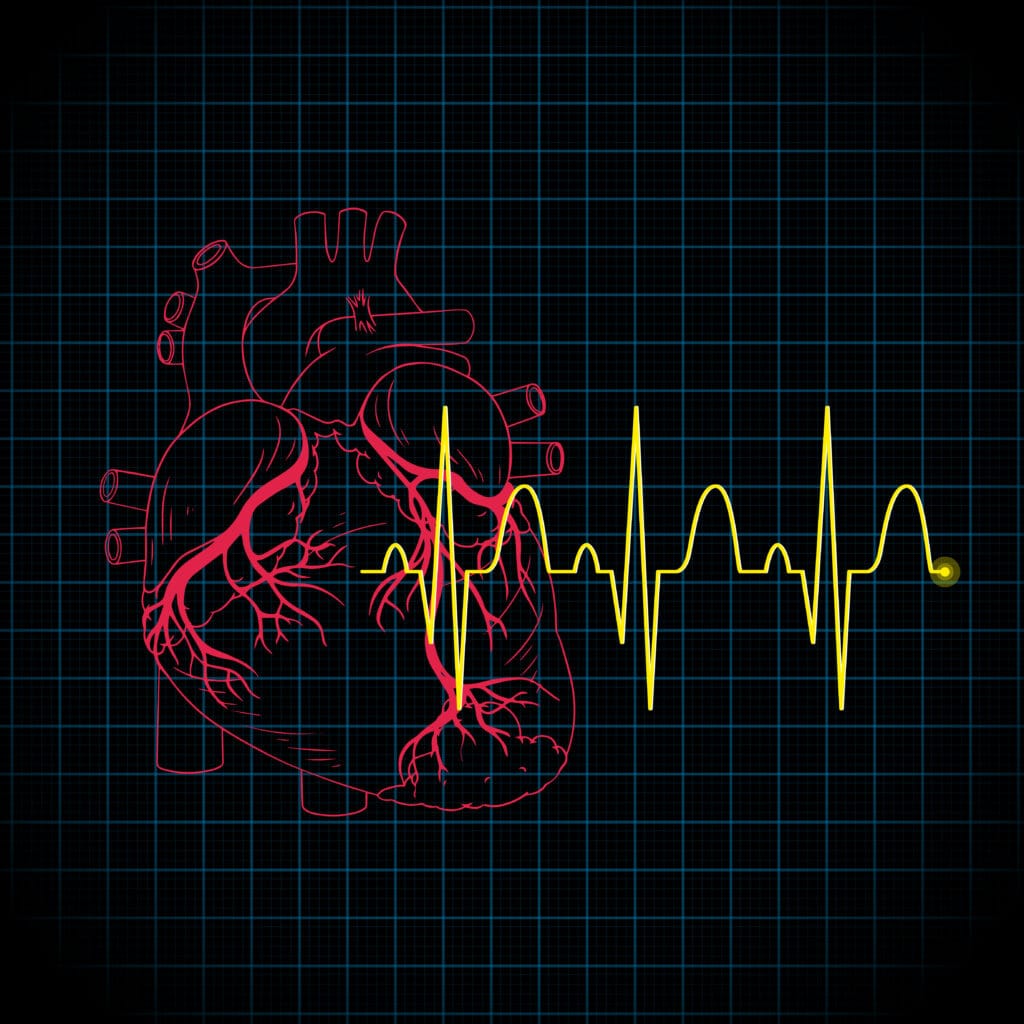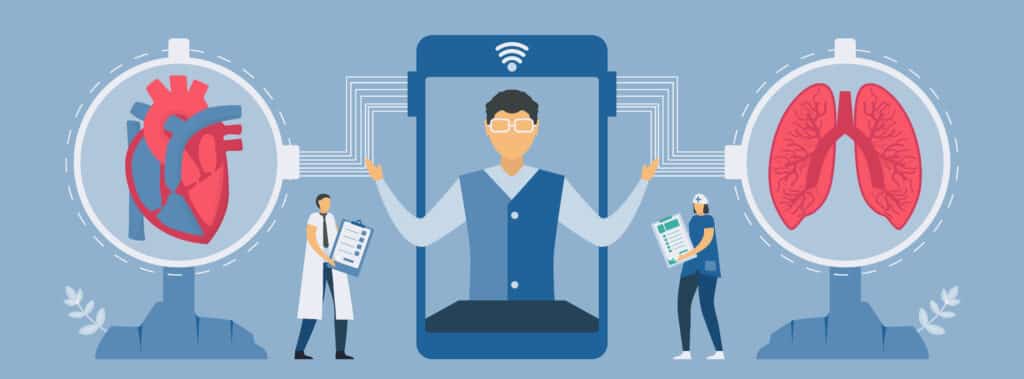Dive deep into AI and Cardiology

AI (Artificial Intelligence) has gained immense popularity in the medical field due to its potential to improve the accuracy of diagnoses and treatments, and reduce healthcare costs. Cardiology, the branch of medicine that deals with heart diseases, is one area where AI is being implemented with great success. In this blog post, we will explore the benefits of AI in cardiology, the technologies used, and the challenges and ethical considerations associated with its use.
What is AI and How Does It Relate to Cardiology?
AI refers to the use of machines and algorithms to perform tasks that would normally require human intelligence. In cardiology, AI is used to analyze large amounts of patient data, including medical records, diagnostic tests, and imaging results. By analyzing this data, AI algorithms can help physicians make more accurate diagnoses, develop treatment plans, and monitor patients’ progress.
What are the Benefits of AI in Cardiology?
The use of AI in cardiology has several benefits, including:
- Improved accuracy of diagnoses: AI algorithms can analyze large amounts of patient data to identify patterns and risk factors that may not be immediately apparent to human physicians. This can help improve the accuracy of diagnoses and identify potential heart diseases at an early stage.
- More efficient patient care: AI can automate many routine tasks, such as analyzing test results and monitoring patients’ progress. This frees up physicians’ time, allowing them to focus on more complex cases and provide more personalized care to their patients.
- Reduced healthcare costs: By automating routine tasks, AI can reduce the cost of healthcare and improve the efficiency of healthcare delivery.

What AI Technologies Are Used in Cardiology?
There are several AI technologies used in cardiology, including:
- Machine learning: Machine learning is a type of AI that allows algorithms to learn from data and improve their performance over time. In cardiology, machine learning is used to analyze patient data and identify patterns and risk factors associated with heart diseases.
- Natural language processing: Natural language processing (NLP) is a type of AI that allows machines to understand and interpret human language. In cardiology, NLP is used to analyze medical records and other textual data to identify patterns and risk factors associated with heart diseases.
- Computer vision: Computer vision is a type of AI that allows machines to interpret and analyze visual data, such as medical images. In cardiology, computer vision is used to analyze imaging results, such as X-rays and MRIs, to identify patterns and risk factors associated with heart diseases.
Challenges of AI in Cardiology
While the use of AI in cardiology has several benefits, there are also several challenges that must be addressed, including:
- Data quality: AI algorithms require large amounts of high-quality data to be effective. However, not all patient data is of the same quality, and there may be inconsistencies or errors in the data that can affect the accuracy of AI algorithms.
- Interoperability: Different healthcare systems may use different data formats and standards, making it difficult to integrate data from different sources into AI algorithms.
- Privacy and security: Patient data is highly sensitive and must be protected from unauthorized access. As AI algorithms analyze large amounts of patient data, there is a risk that this data may be compromised if proper security measures are not in place.
- Ethical Considerations of AI in Cardiology
As with any new technology, there are also ethical considerations associated with the use of AI in cardiology. These include: - Bias: AI algorithms are only as good as the data they are trained on. If the data used to train an AI algorithm is biased, the algorithm may also be biased, which could lead to inaccurate diagnoses or treatments.
- Transparency: It can be difficult to understand how AI algorithms arrive
Conclusion
In conclusion, AI has the potential to revolutionize the way cardiology is practiced. By utilizing AI technologies, cardiologists can more accurately diagnose and treat patients, increase their efficiency, and reduce the cost of healthcare. The use of AI in cardiology has already shown promising results in areas such as risk assessment, image analysis, and drug discovery.
However, there are also challenges that need to be addressed, such as the need for high-quality data and the risk of bias in algorithm development. Additionally, ethical considerations must be taken into account when implementing AI in healthcare, such as ensuring patient privacy and avoiding discriminatory practices.
As AI continues to evolve, its potential to improve cardiology will become more apparent. It is essential for healthcare professionals, researchers, and policymakers to work together to ensure that AI is used in a responsible and ethical manner to benefit both patients and society as a whole.
